What Exactly is Perimenopause?
Perimenopause literally means “around menopause.” While that might sound a bit vague, it’s a very real and natural phase of a woman’s life. It’s your body’s way of signalling that changes are happening as your reproductive system gradually winds down until you officially reach menopause—marked by going a full year without a period.
Perimenopause usually starts between the ages of 40 and 44 but can begin as early as your mid-30s. It can last anywhere from two to ten years, sometimes even longer. Most women reach menopause between the ages of 50-54.
Interestingly, research shows that two-thirds of women feel completely unprepared for menopause because they didn’t realize they were already in perimenopause. So, let’s break it all down.
How Do I Know If I’m in Perimenopause?
There’s no definitive test to tell if you’re in perimenopause, though hormone testing through your GP or a private specialist is an option. The problem is, perimenopause can be tricky to identify because symptoms vary so much from person to person.
Some of the most common symptoms include:
- Changes to your menstrual cycle (heavier, lighter, longer, shorter, or just plain unpredictable)
- Mood swings (anxiety, irritability, low mood)
- Fatigue
- Weight gain or changes in body shape
- Changes in skin
- Reduced libido
- Night sweats
- Memory lapses or brain fog
- Achiness
What Happens to My Body during Perimenopause?
During perimenopause, your ovaries gradually produce less of the hormones oestrogen, progesterone, and testosterone (yes, women have testosterone too!). Your hormones are in reverse, which can cause all sorts of emotional and physical changes.
But here’s the thing: perimenopause is a natural transition. Your body is meant to gradually shift and adjust, and while it may feel like everything’s out of balance, there’s a lot you can do to support your body during this time.
Can I Manage Perimenopause Naturally?
Perimenopause doesn’t have to feel like a rollercoaster. Taking a holistic approach to your wellness can make all the difference. Let’s look at some of the best ways to manage your symptoms naturally:
Boost Your Protein Intake
Protein is your friend during perimenopause. It helps maintain muscle mass, supports metabolism, and even aids in hormone production. Try to include high-quality protein sources like lean meats, fish, eggs, legumes, nuts, and seeds in your daily diet.
Get Moving with Weight Training
Weight training is amazing for women in perimenopause. Not only does it help you maintain muscle mass and boost metabolism, but it also strengthens bones and improves mental health by reducing stress and promoting better sleep. Aim for two to three sessions of resistance training each week.
Try Supplements Designed for this Stage in Your Life
This is where your supplements come in! Harmony by Sentro Labs is specially formulated for women navigating perimenopause. Its powerful combination of Lion’s Mane for brain health, Magnesium Bisglycinate for calming support, and essential vitamins and minerals helps balance hormones, enhance cognitive function, and promote emotional stability.
And don’t forget Equilibrium by Sentro Labs. Featuring Ashwagandha, it’s designed to alleviate stress, boost mood, and support your overall resilience. Ashwagandha is known for reducing cortisol levels and helping you feel calmer and more in control.
Think of perimenopause like a plane coming in to land. To ensure a smooth landing, your body needs proper nutrition, exercise, and targeted support from supplements. By making mindful choices now, you can reduce disruptive symptoms and feel empowered to handle this natural transition with confidence.
The Bottom Line
It’s time to change the conversation about perimenopause. Instead of viewing it as a deficiency, see it as a powerful transition that you can actively support through the right diet, exercise, and supplements. Let’s help you feel your best at every stage of life!
You can read more about gentle workout routines that I follow as a Mum of 2 in my 40's HERE.
Elaine x.





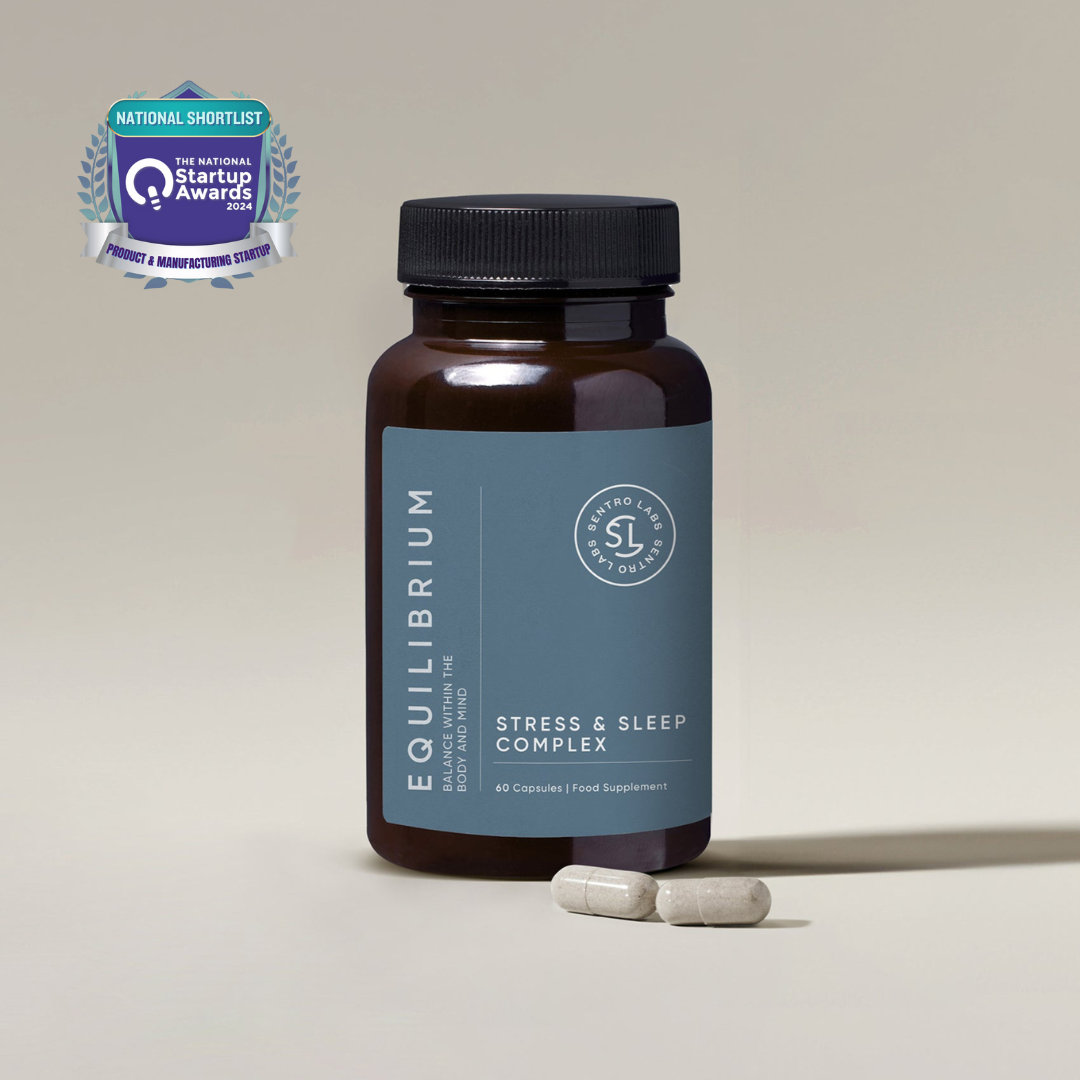


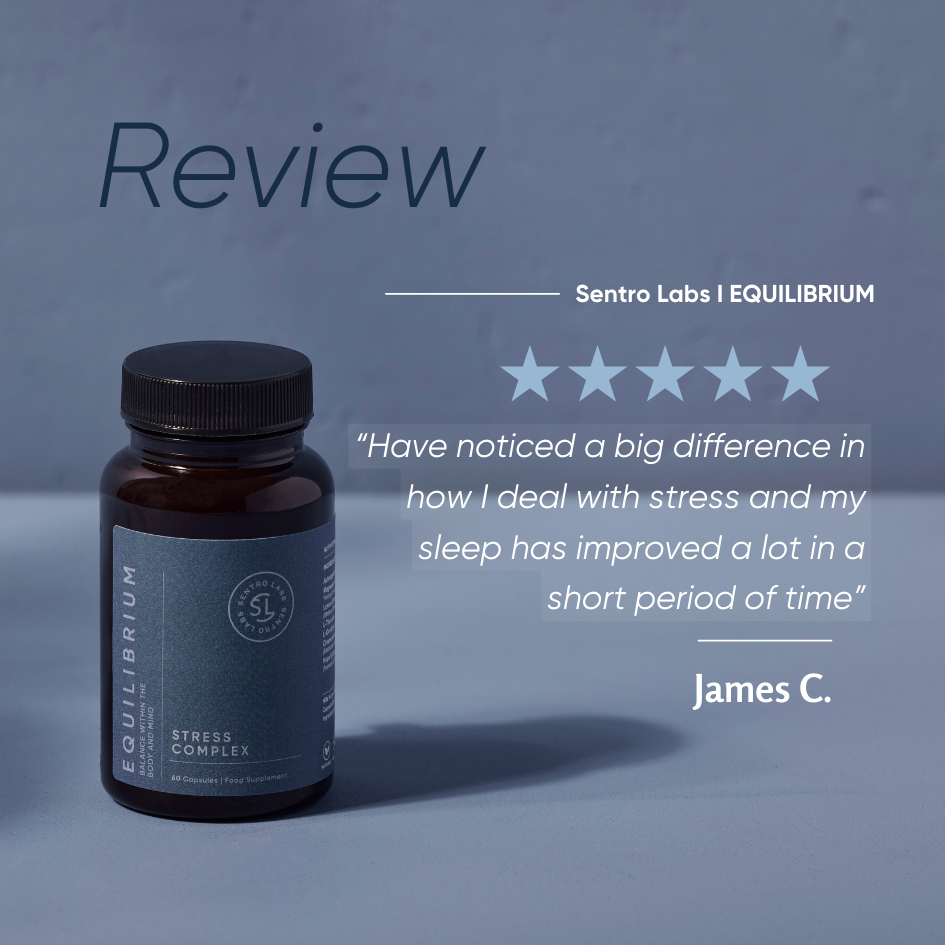
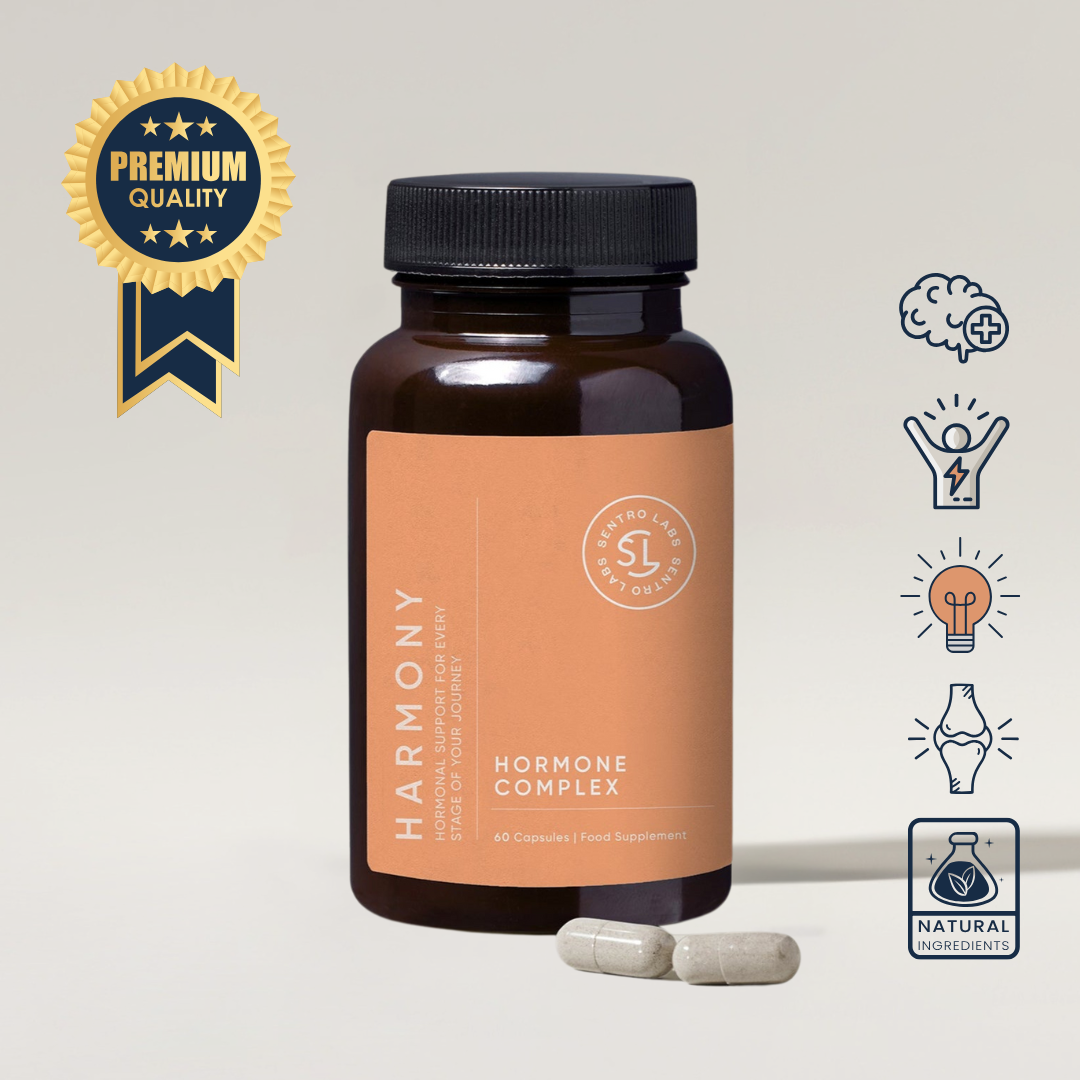
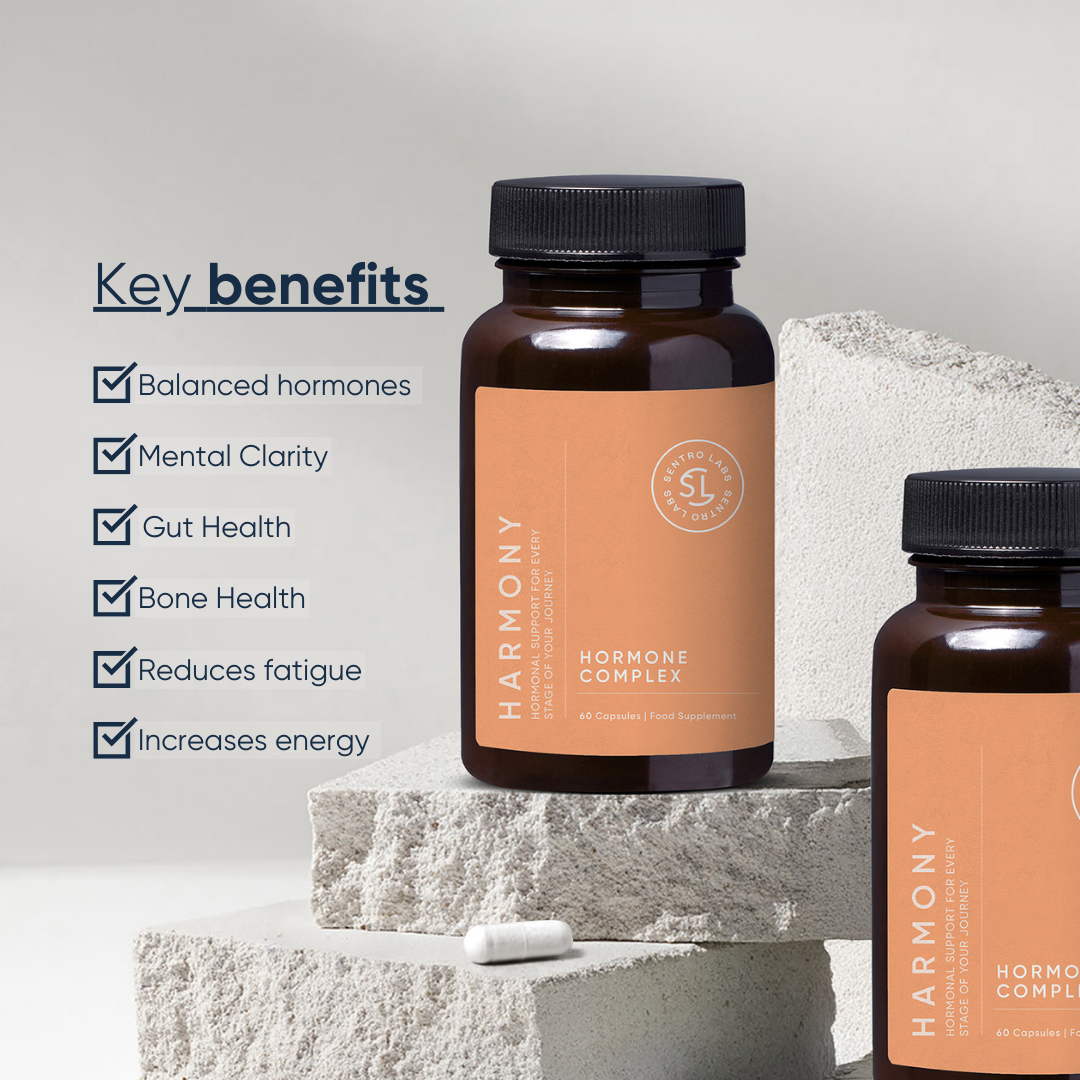
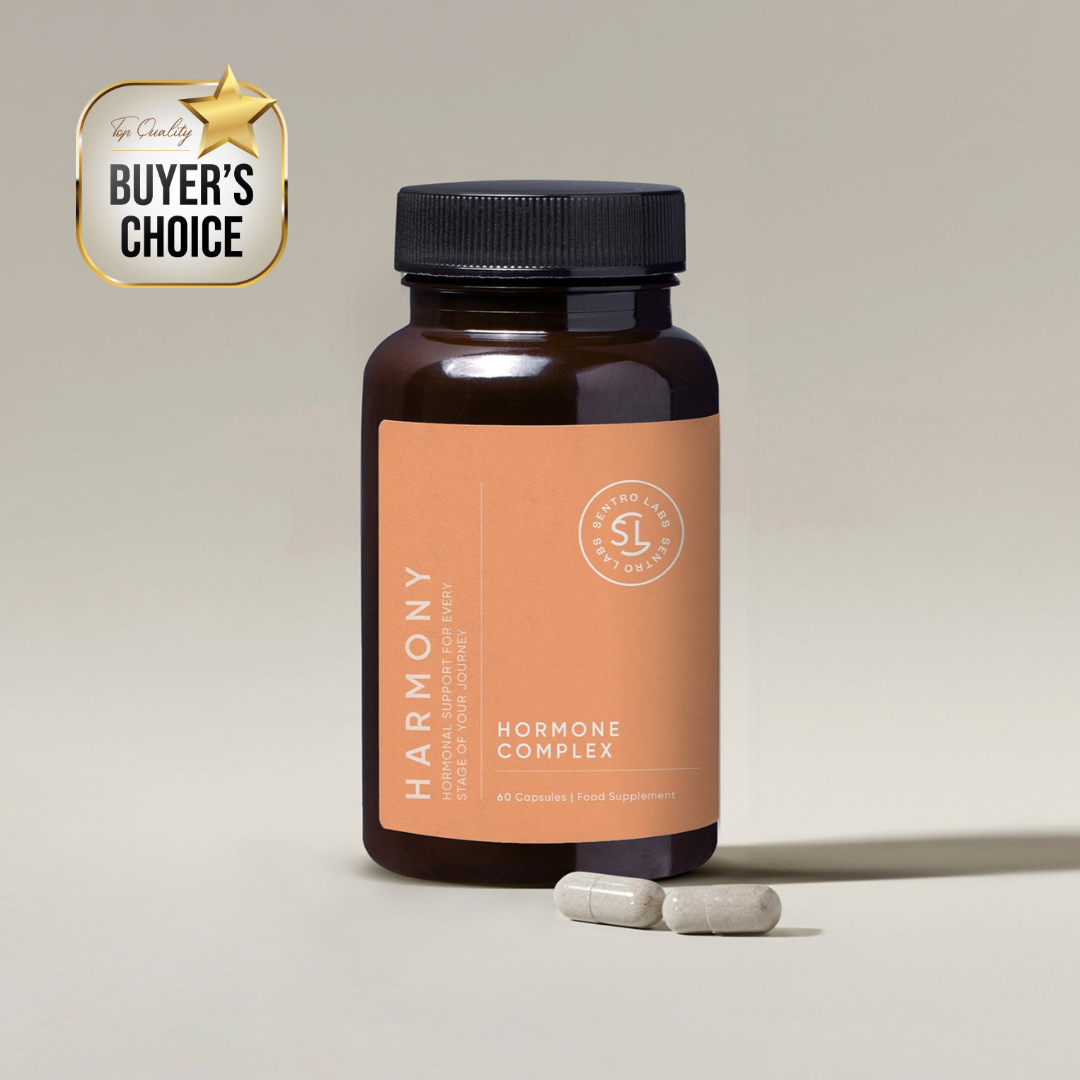
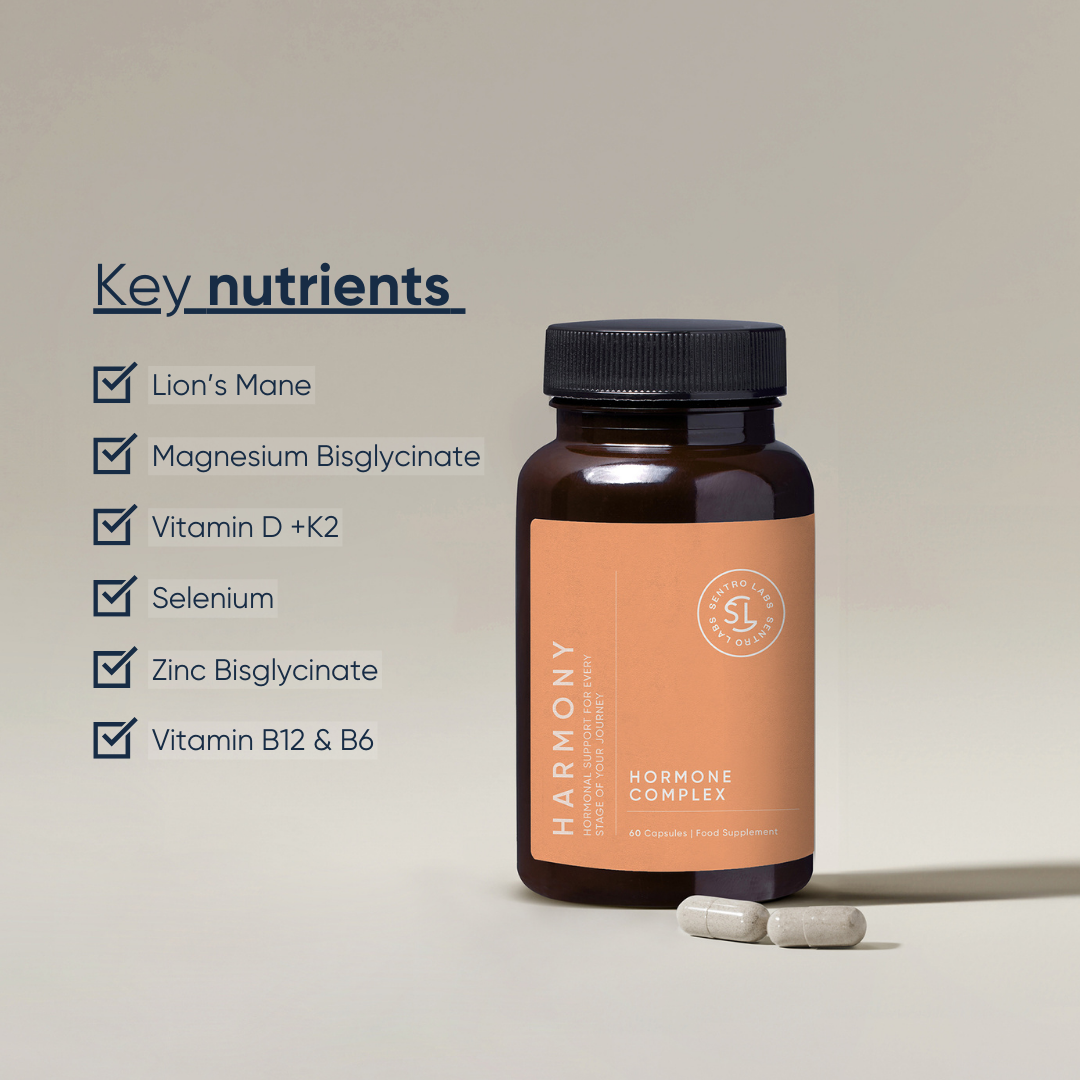
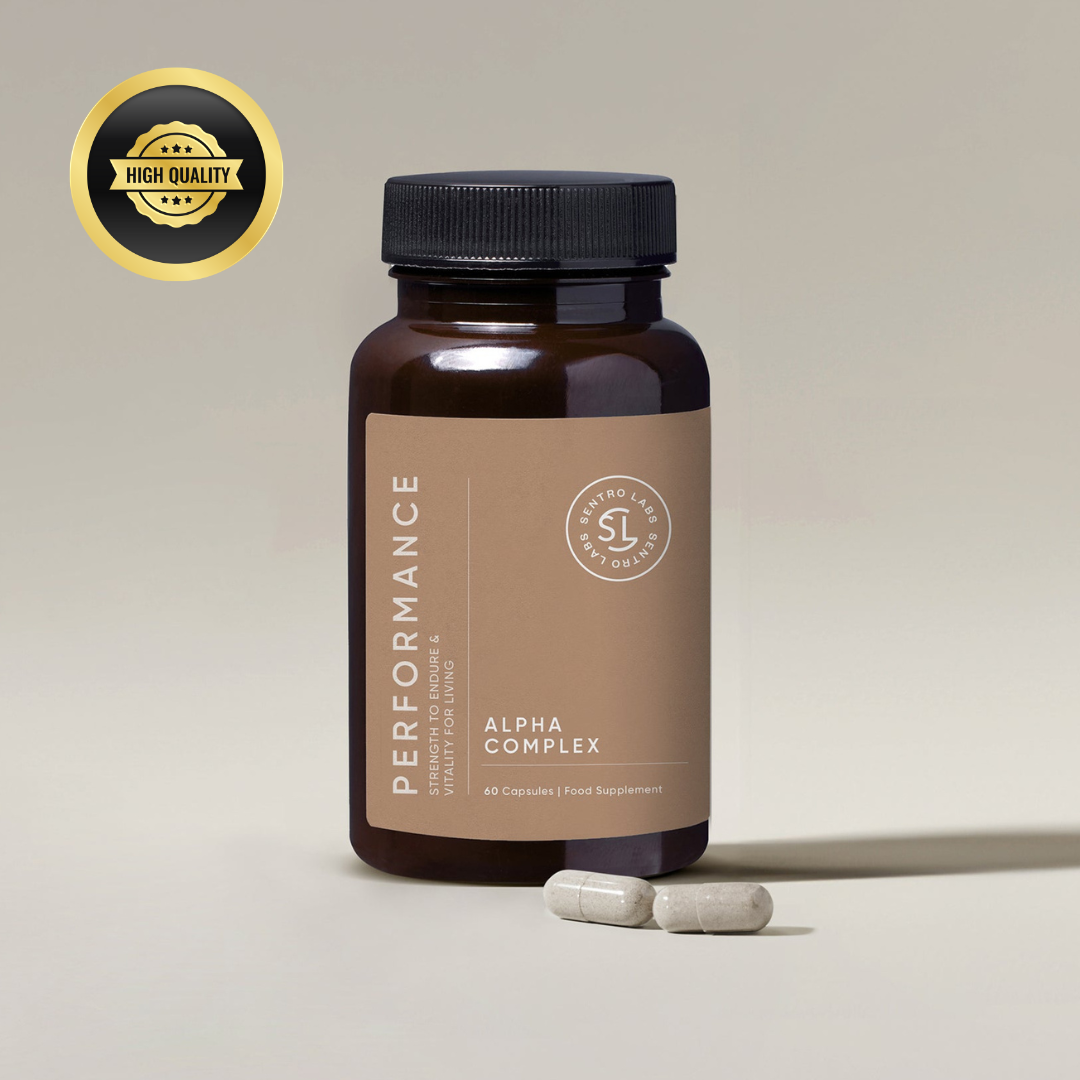
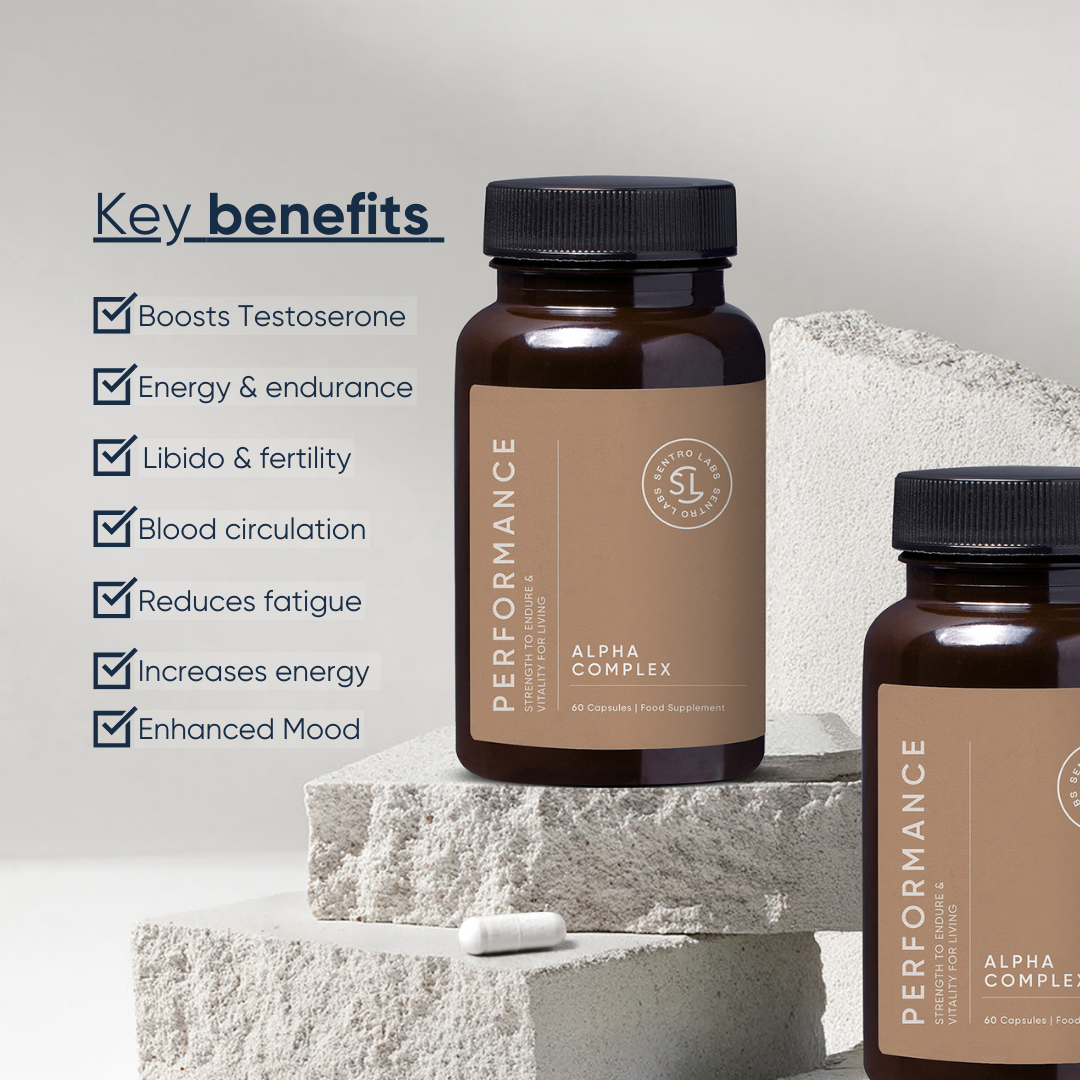
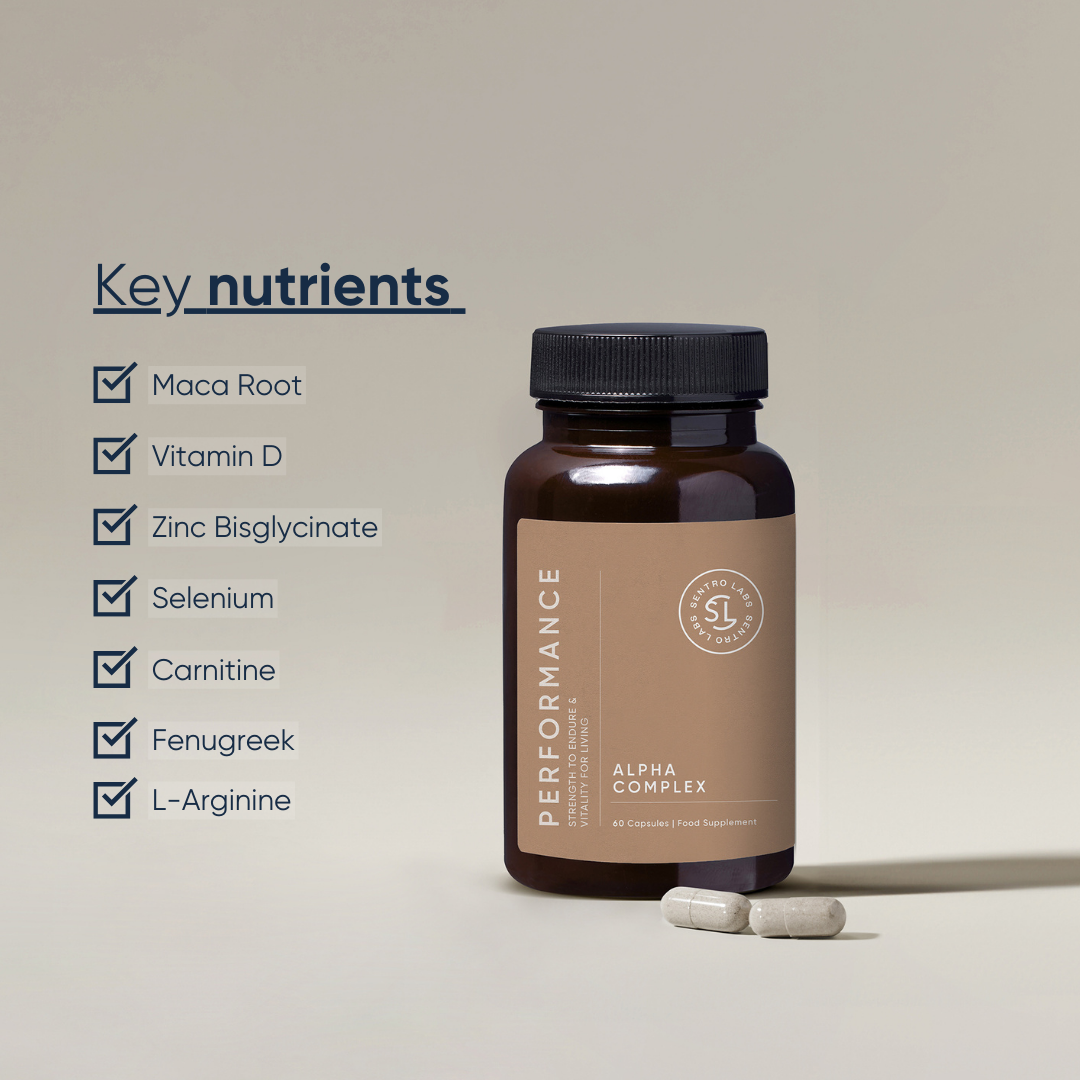
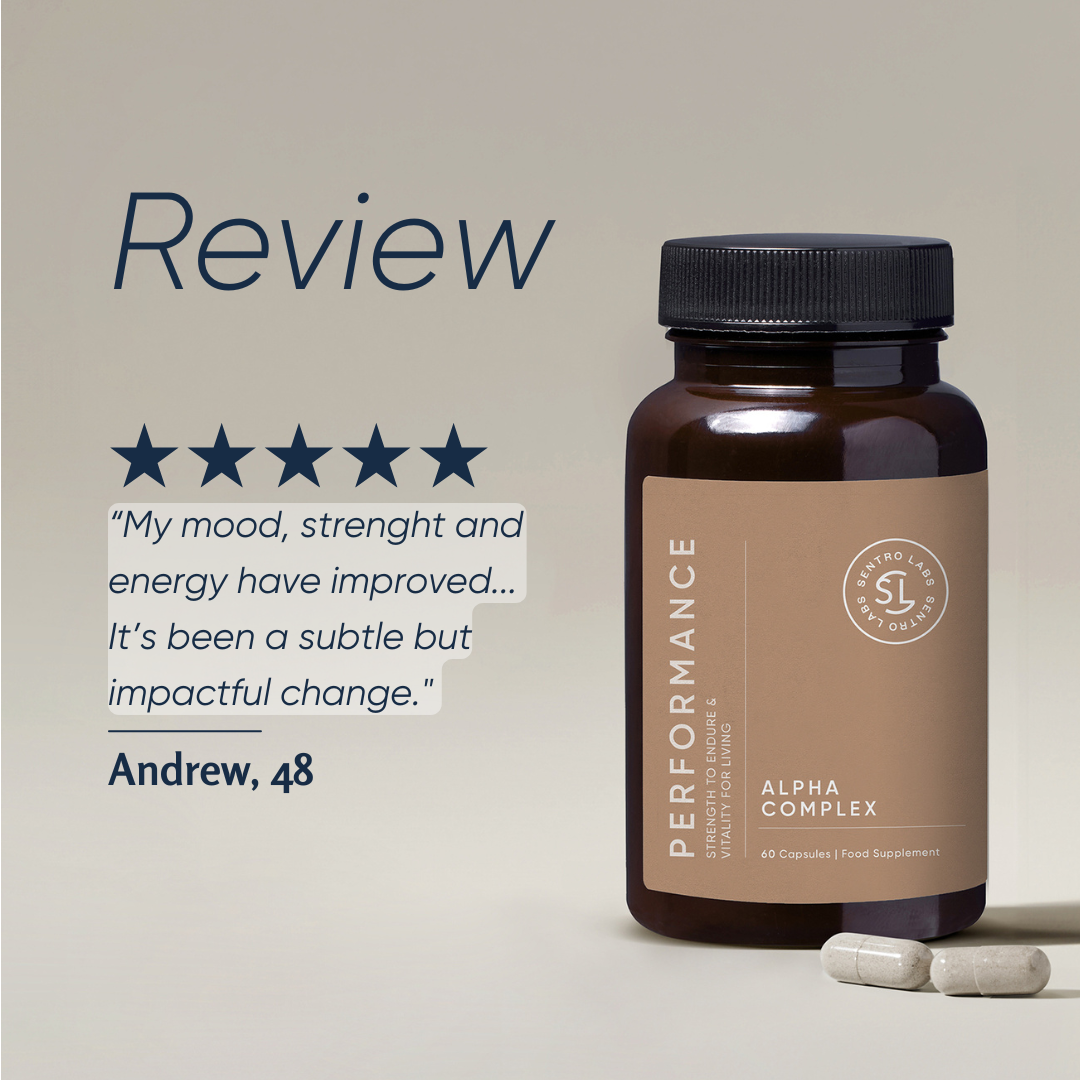
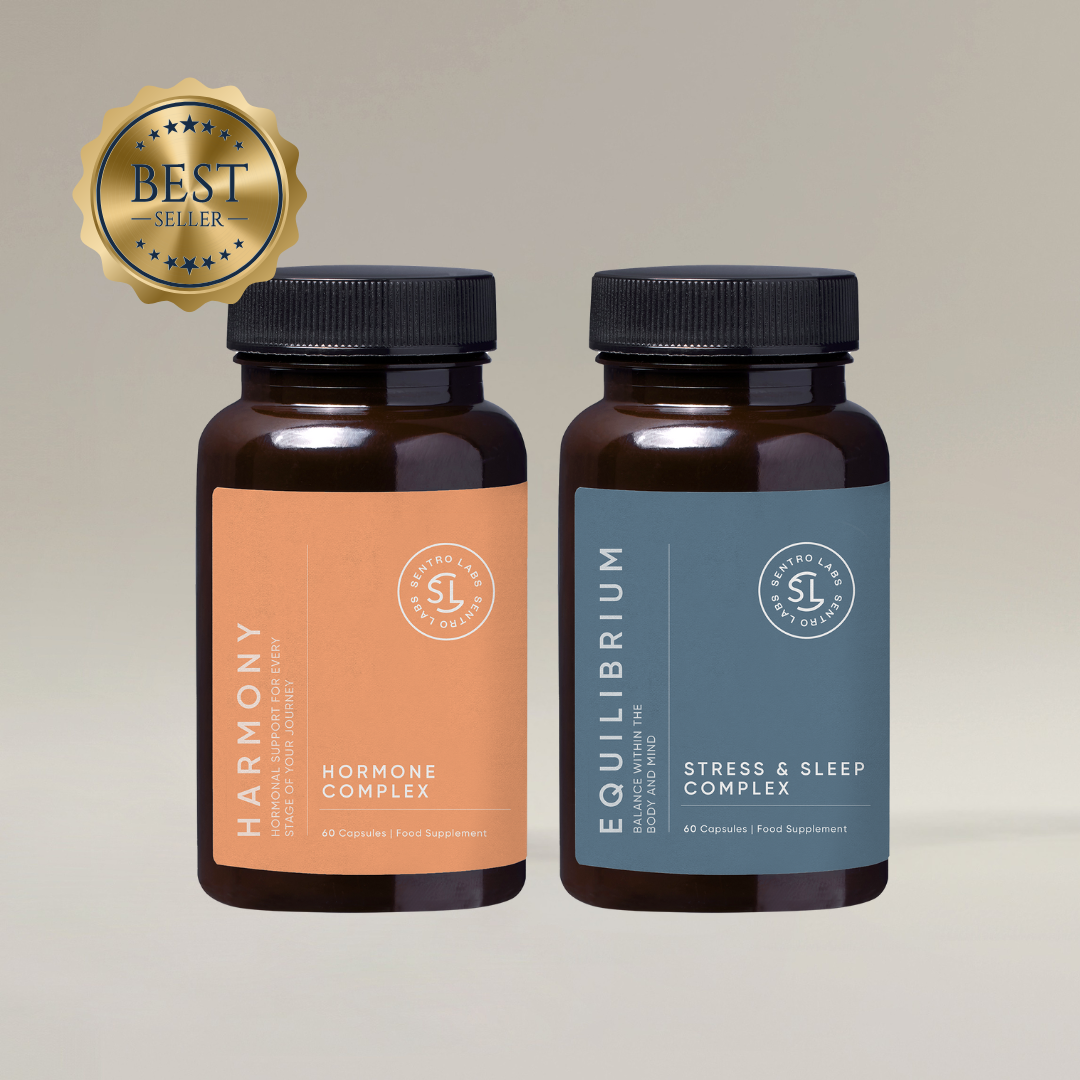
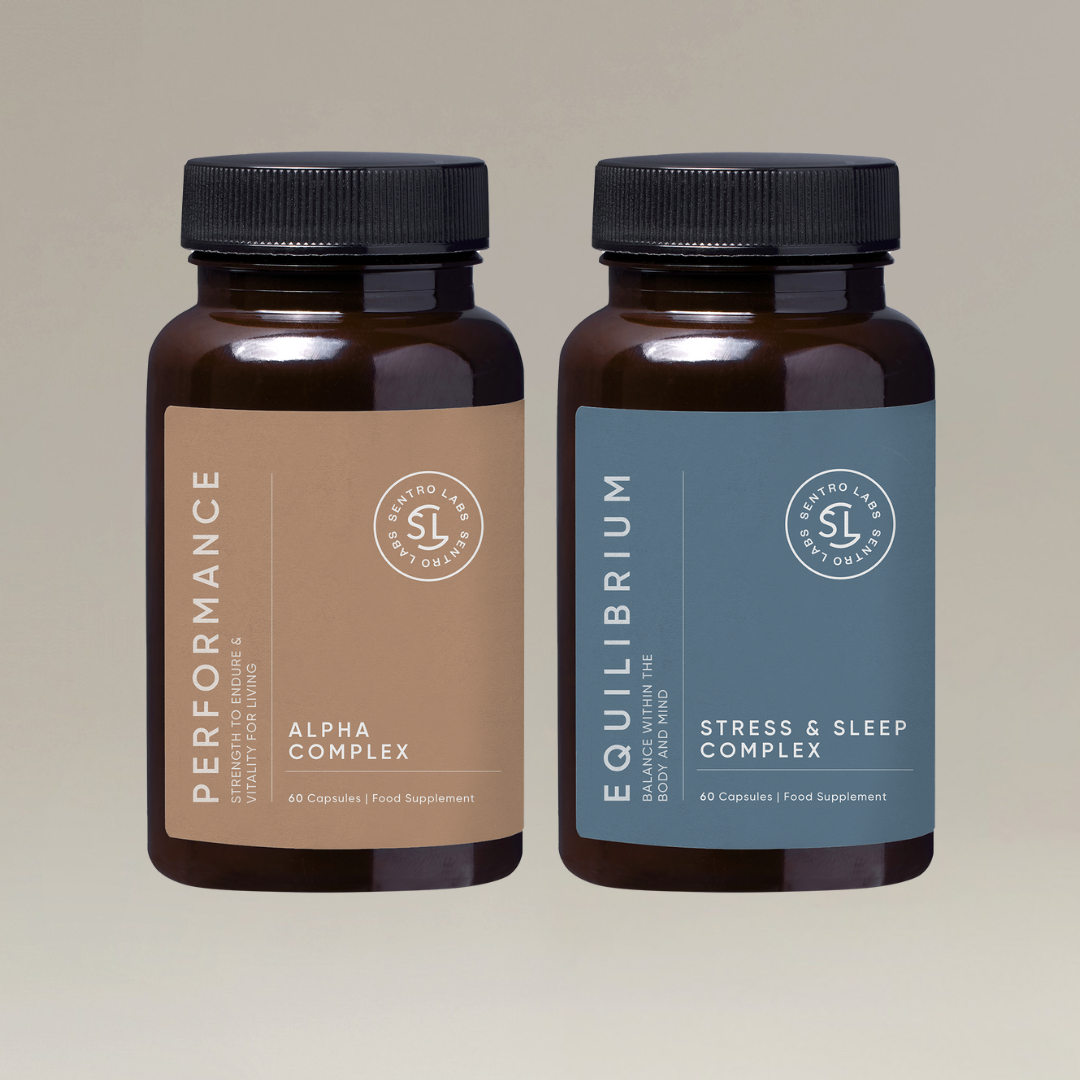
Share:
A Holistic Approach to Perimenopause and Menopause Wellness
What Are The Top 10 Perimenopausal Symptoms?